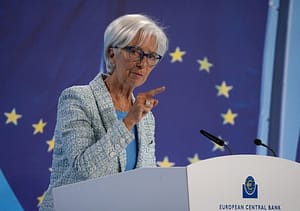Between a rock and a hard place
New analysis by researchers at the Institute for Fiscal Studies (IFS) provides a comprehensive assessment of the UK’s public finances and the options available to the Chancellor in his November Budget. It shows that he faces a defining choice: maintain his commitment to a public finance surplus or respond to growing demands for increased public spending.
The government is committed to getting the public finances into surplus by the mid 2020s. If Mr Hammond takes this commitment seriously then a likely significant deterioration in the public finance forecasts means that he will have little space for Budget giveaways. Yet the pressures to spend more are becoming increasingly intense while the parliamentary arithmetic makes tax increases look very difficult.
It is hard to see how the Chancellor can both maintain the credibility of his fiscal targets and respond effectively to the growing demands for spending.
A worsened public finance outlook is likely because the Office for Budget Responsibility (OBR) has indicated that it is likely to downgrade its forecast for productivity growth. Downgrading just halfway towards the terrible productivity growth seen over the last seven years could put the deficit on course to be almost £20 billion higher in 2021–22, at around £36 billion, than the £17 billion that was forecast by the OBR in March. In addition, lack of clarity over the nature and impact of our withdrawal from the European Union means that the uncertainty around these forecasts is unusually large.
These are among the main conclusions of a new report by IFS researchers, Autumn 2017 Budget: options for easing the squeeze, published today and funded by the Institute of Chartered Accountants in England and Wales (ICAEW) and the Economic and Social Research Council (ESRC).






Leave a Comment